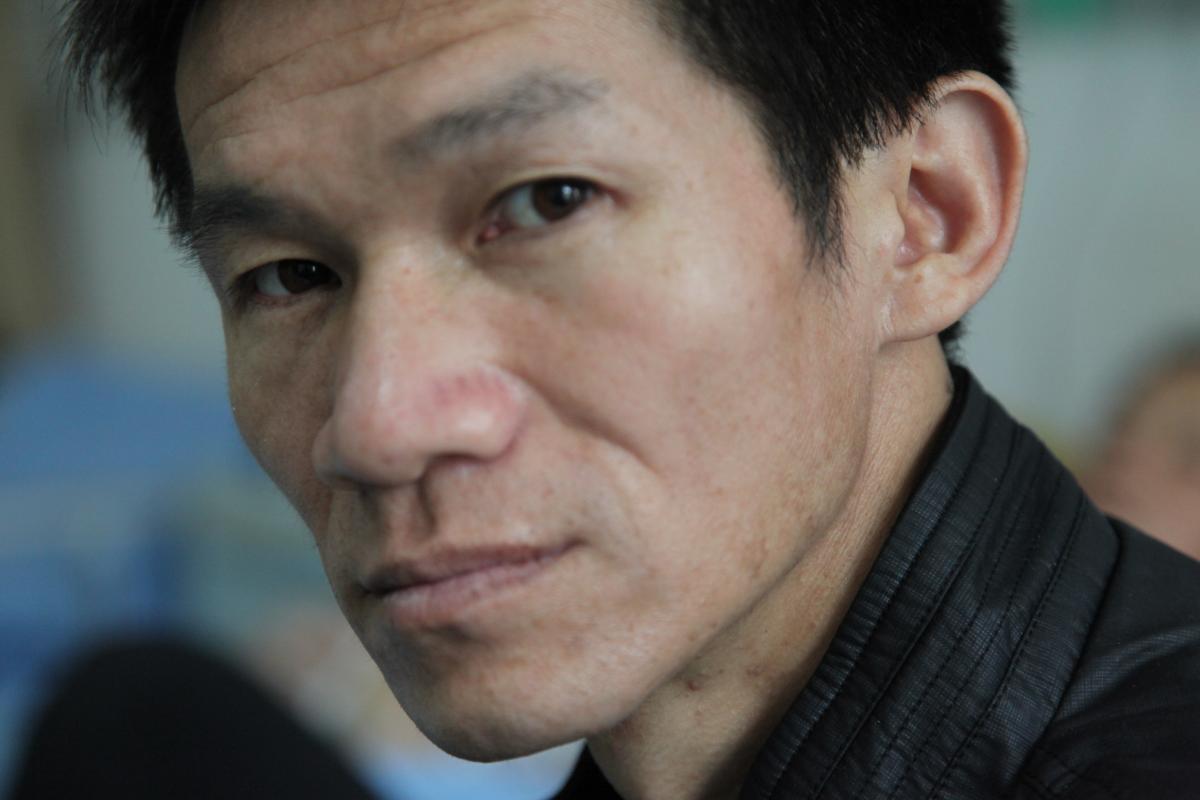New regulations on occupational health check-ups, which go into effect on 1 May, could give workers in hazardous professions greater protection from occupational disease as well as the legal tools they need to ensure that employers, hospitals and local governments respect workers’ interests.
Occupational disease is a huge problem in China with an estimated six million workers suffering from the deadly lung disease pneumoconiosis. Many other workers are routinely exposed to radiation, chemical toxins and heavy metals. All too often, these workers are unaware of their disease until it is too late because they never once had a medical check-up as required by law.
The Occupational Health Check Regulations (职业健康检查管理办法 ) issued by China’s National Health and Family Planning Commission are, in essence, a refinement of existing provisions, however the new regulations do make the rights of employees clearer and the procedures involved in occupational health checks more precise.
The Regulations reiterate the requirement for employees at risk of occupational disease, such as coal miners etc., to undergo health checks prior to, during, and after their term of employment. The health checks, moreover, should cover the risks related to a broad range of hazards; exposure to dust, chemical and biological toxins, material hazards, radiation, etc.
The cost of the health check-up should be borne by the employer but the employee has the right, up to a point, to choose the medical institution at which the tests will be done. Importantly, the Regulations emphasize the responsibility of medical institutions to inform employees in a timely manner if an occupational disease has been detected. All too often, hospitals and testing clinics have colluded with employers to hide test results from employees. In addition, medical institutions should establish a file for each patient that should be kept on record for at least 15 years after the last check-up.
Occupational health activist Chen Xiezhong who died of pneumoconiosis in 2012
Over the last few years, several workers’ groups and labour activists have sued local government departments and medical institutions for failing to implement existing regulations on workplace safety. Just a few weeks ago, on 12 April, a group of 29 former miners with pneumoconiosis filed a lawsuit against the Ningdu County Work Safety Administration in Jiangxi for failing to guarantee a safe working environment at the mine where they contracted the disease.
The new more detailed regulations should give workers additional ammunition in their bid to make sure local governments and medical institutions do live up to their legal responsibilities on workplace safety and on the rights of workers with occupational disease to proper compensation.
For more information on this issue please see China Labour Bulletin’s research report Time to Pay the Bill: China’s obligation to the victims of pneumoconiosis.

